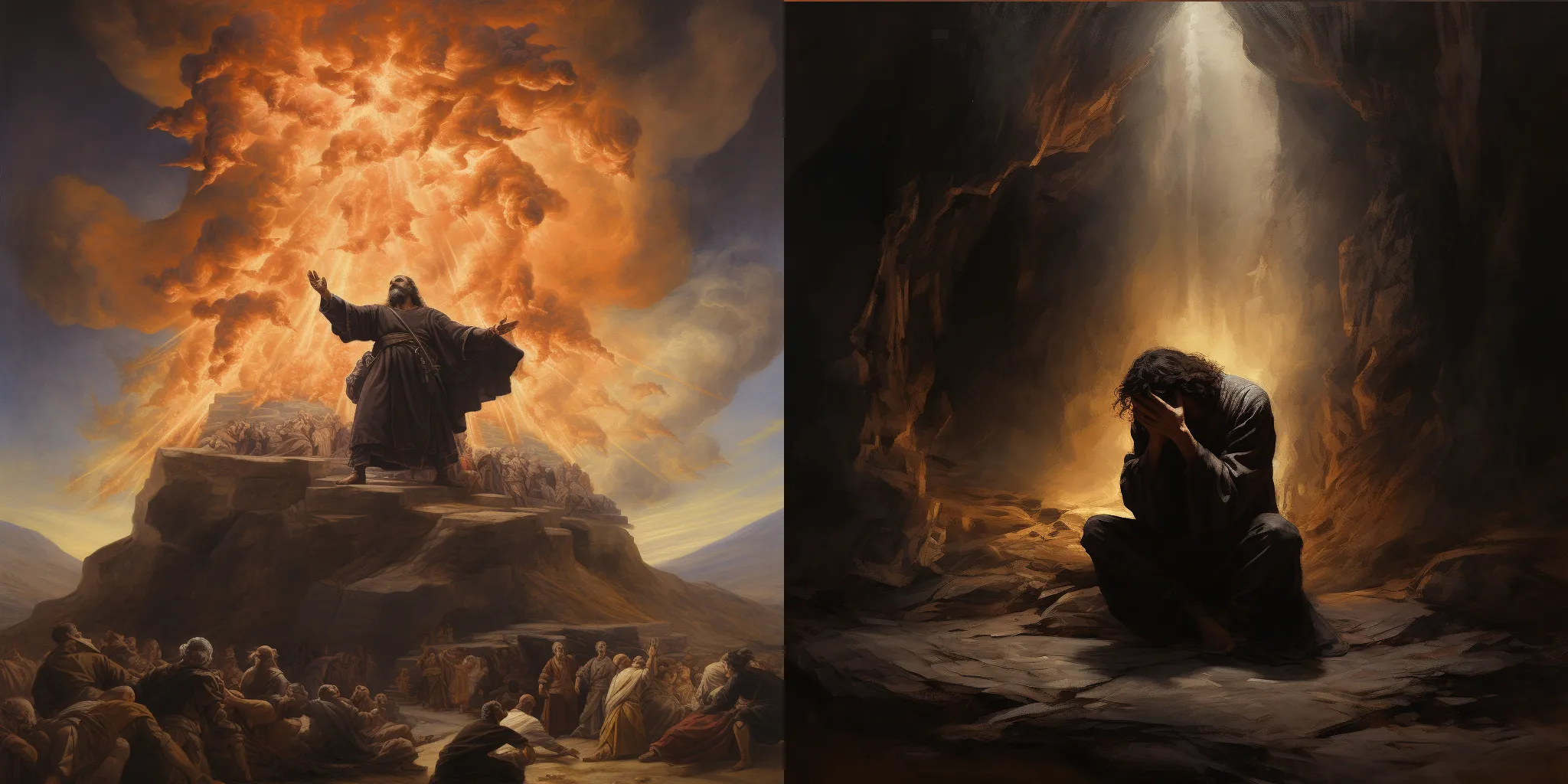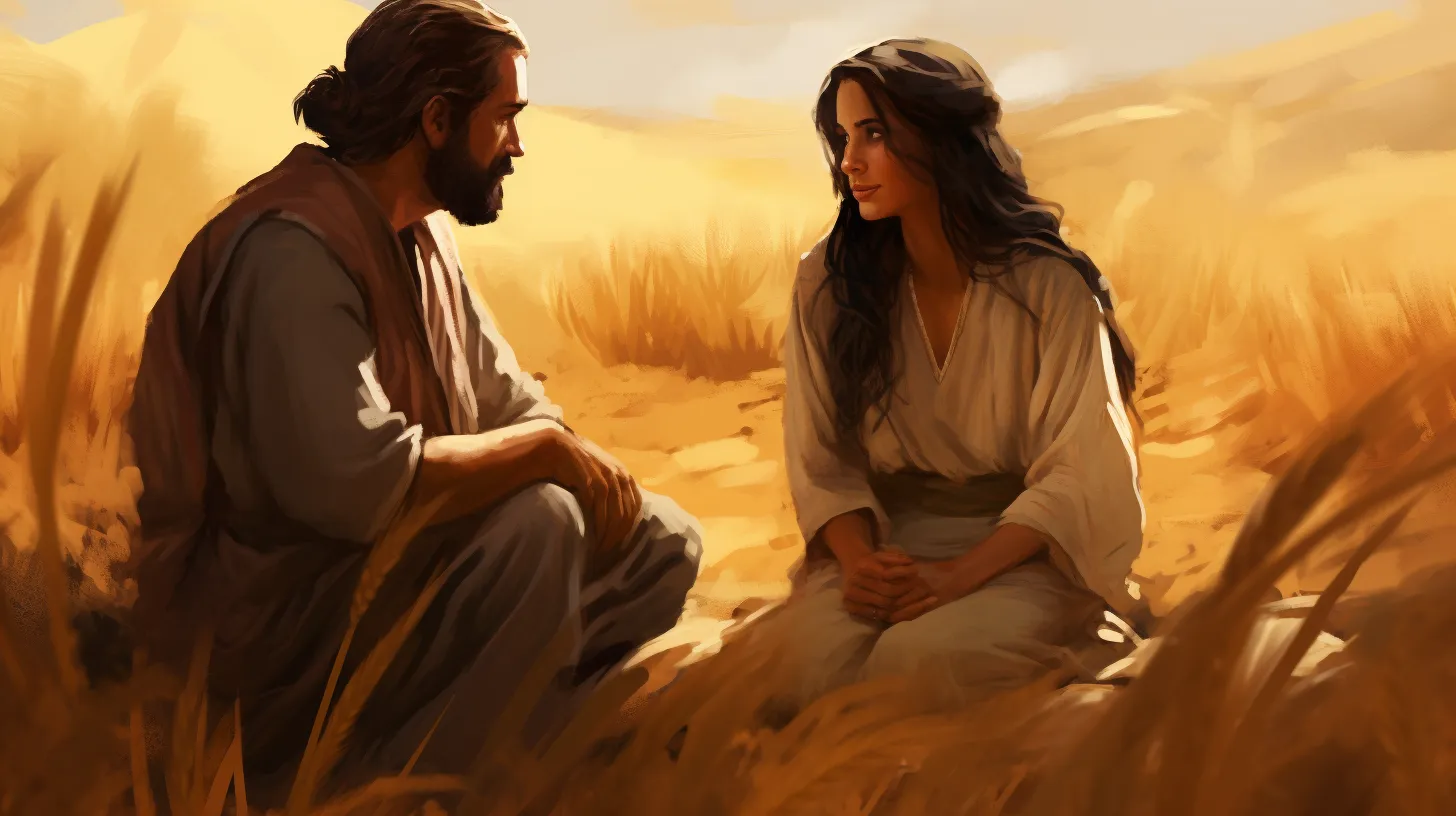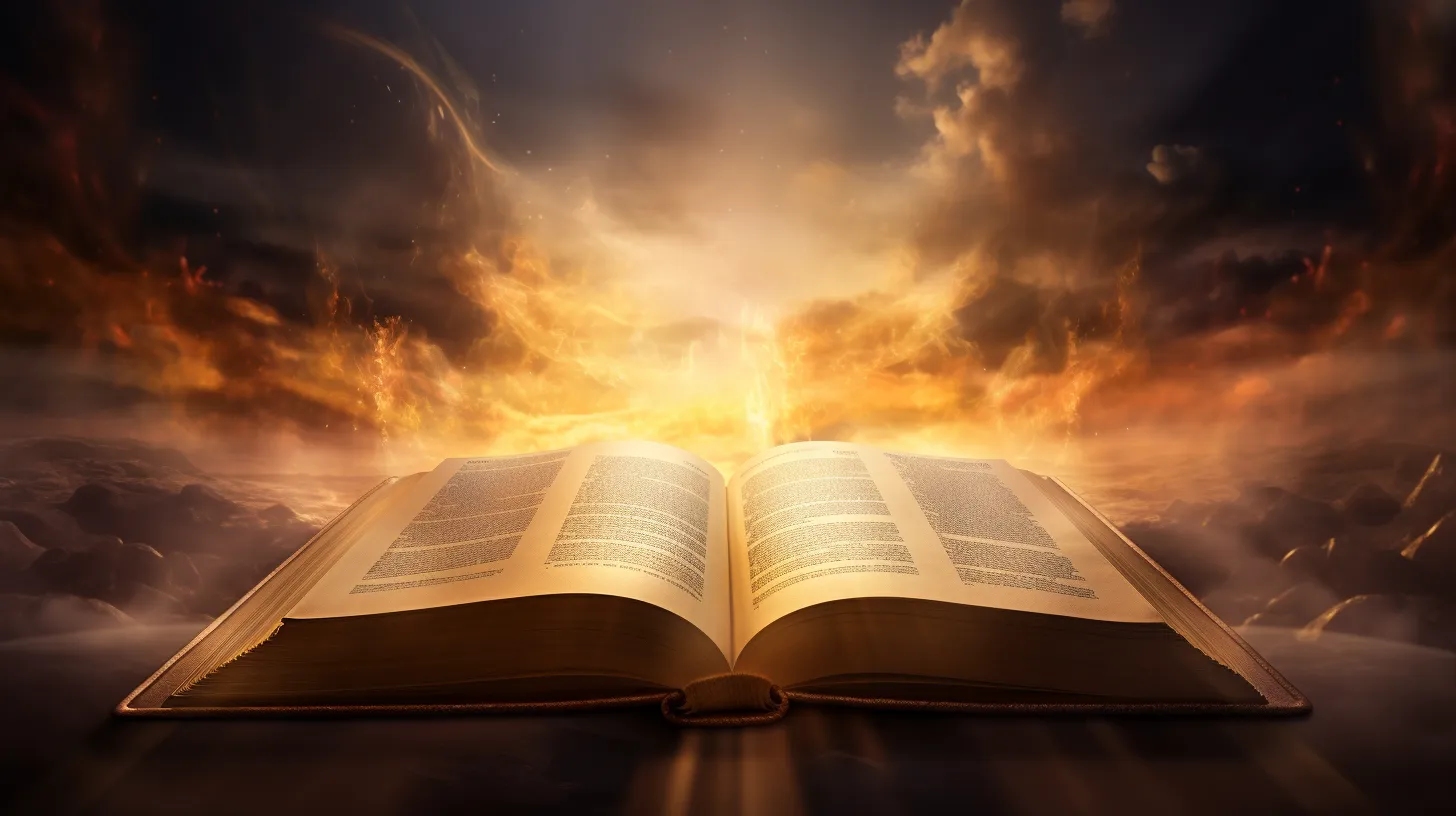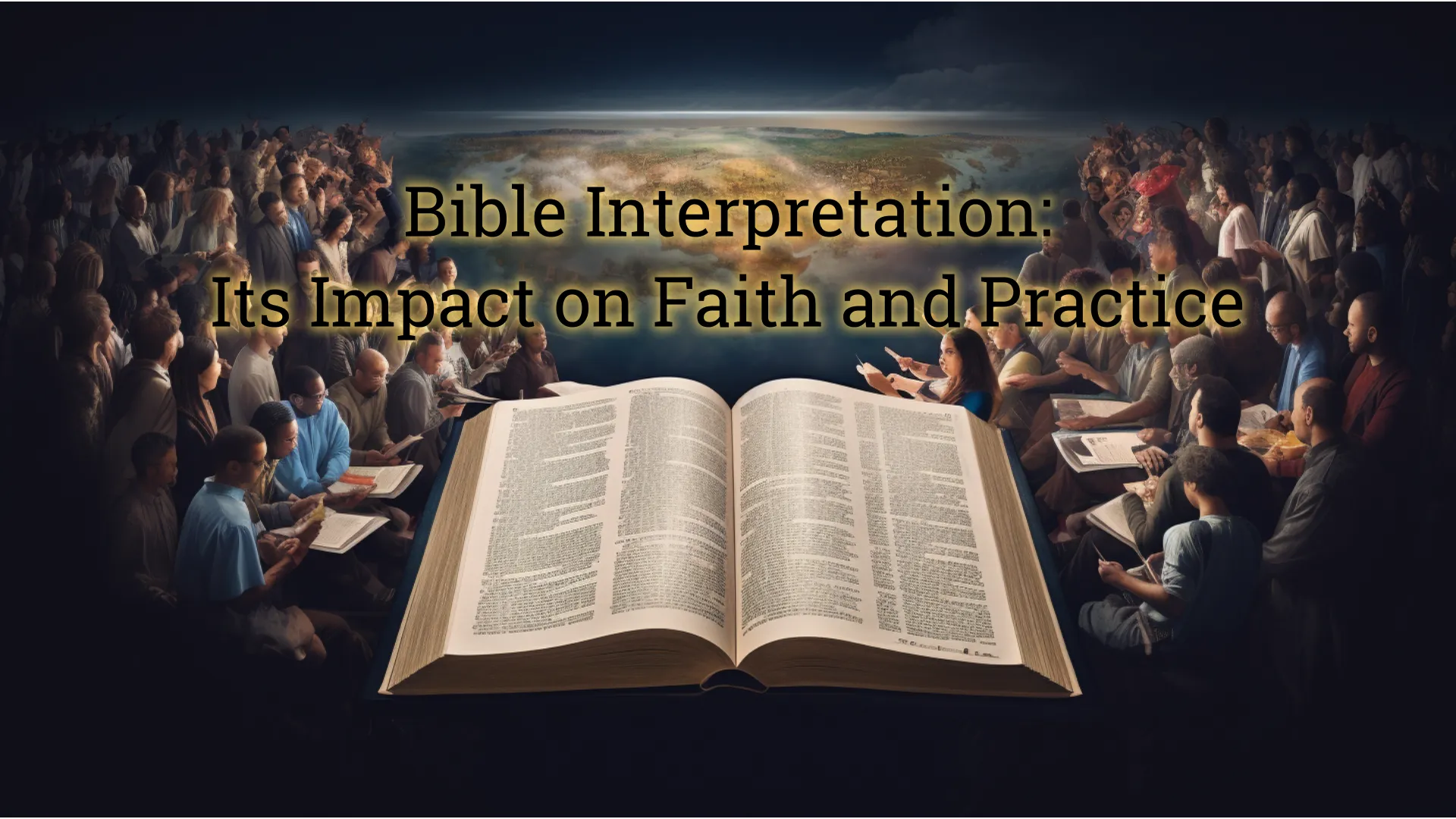The Conscientious Pagan and the Unknown God
When Paul visited Athens on his second missionary journey he was at the heart of Greek religious life. In proclaiming the one true God to these pagan idolators, he began by observing that some of them already acknowledged the existence of gods that were currently unknown to them.
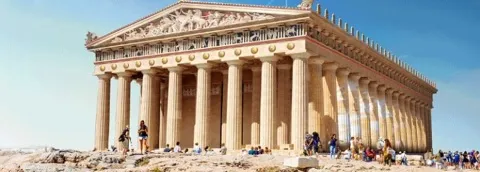
Acts 17:22–23 NKJV
Then Paul stood in the midst of the Areopagus and said, “Men of Athens, I perceive that in all things you are very religious; for as I was passing through and considering the objects of your worship, I even found an altar with this inscription:
TO THE UNKNOWN GOD
Therefore, the One whom you worship without knowing, Him I proclaim to you:
It turns out, the acknowledgement of unknown deities and important religious questions that can’t be answered is a strong theme in the religious writings of pagan religions throughout time and place. We are going to look at several examples of this in our lesson and connect. With this background we will have a better understanding of Paul’s audience, his teaching in Athens and the the Gentiles generally, and also have a better understanding of how to reach and teach pagans in our time and place.
pagan
- An adherent of a polytheistic religion in antiquity, especially when viewed in contrast to an adherent of a monotheistic religion.
- A Neopagan.
- One who has no religion.
- An adherent of a religion other than Judaism, Christianity, or Islam.
- A hedonist.
The Logic of Polytheism
Most pagan religions of the past and present assign gods and goddess to the various elements and powers of nature, such as the sun or moon, or sea. They also assign deities to major concepts and ideas like war or wisdom. Over time, the number of gods tends to increase, and when multiple polytheistic cultures meet and combine, the pantheon tends to multiply.
The most extreme example I know of is the Hindu religion which has 33 million gods.
A Hindu monk, explains it this way.
in order to keep the universe running, Krishna, the supreme being, has put into place individuals that oversee different parts of the material universe. These individuals are powerful beings that have been appointed by Krishna and have been bestowed with the necessary powers and abilities to manage and govern their area of creation. They can be referred to as demigods. For example, there is someone responsible for the sun and his name is Surya. The goddess Saraswati is the overseer of knowledge. The creator of the material universe is known as Brahma. The destruction of the universe is overseen by Shiva and Vishnu serves as the maintainer. There are individuals overseeing the oceans, the wind, and practically every facet of creations. When seen from this perspective, 33 million is not that big a number.
SOURCE: https://www.huffpost.com/entry/the-33-million-demigods-o_b_1737207 “The 33 Million Gods of Hindu”
He compared it the all the people employed in human governments around the world.
Pandit Dasa, former Hindu monk
Without complete and definitive revelation it necessarily follows that we cannot know all the gods. And if we cannot know all the gods, we cannot know many other important spiritual truths.
Not surprisingly then, the theme of incomplete knowledge recurs throughout the writings of polytheistic religions. We will look at five examples in this lessons from cultures spanning Babylon to the Greeks and Romans.
Forgiveness of Sin
Babylonian Religion
Babylonia mainly focused on the god Marduk, who is the national god of the Babylonian empire. However, there were also other gods that were worshipped. These are the seven most powerful deities:
Enlil
Enki
Inanna
Nabu
Nanna-Suen
Ninhursag
Utu
SOURCE: https://en.wikipedia.org/wiki/Babylonian_religion
Image SOURCE: https://upload.wikimedia.org/wikipedia/commons/c/c3/Chaos_Monster_and_Sun_God.png
Library of the Worlds best literature Vol 1
SOURCE: https://gutenberg.org/cache/epub/12369/pg12369-images.html#IX._PENITENTIAL_PSALMS
A penitential psalm from Babylon 3100-539 BC
Notice the consciousness of guilt. Also notice the recognition that they have not only offended the gods they know, but also potentially others gods they do not know.
IV
To thy servant with whom thou art angry graciously turn.
May the anger of my lord be appeased,
Appeased the god I know not!
The goddess I know, the goddess I know not,
...
Pure food I have not eaten,
Pure water I have not drunk,
The wrath of my god, though I knew it not, was my food,
The anger of my goddess, though I knew it not, cast me down.
O lord, many are my sins, great my misdeeds.
[These phrases are repeated many times.]
...
To the known and unknown god I loud do sigh,
To the known and unknown goddess I loud do sigh,
O lord, look on me, hear my prayer,
O goddess, look on me, hear my prayer.
Proper Worship
Hinduism
IMG: https://upload.wikimedia.org/wikipedia/commons/b/bf/Shiva_as_the_Lord_of_Dance_LACMA_edit.jpg
Hinduism is an Indian religion a religious and universal order or way of life by which followers abide. As a religion, it is the world's third-largest, with over 1.2–1.35 billion followers, or 15–16% of the global population, known as Hindus. Hinduism has been called the world's oldest religion still practised, though some debate remains.
https://en.wikipedia.org/wiki/Hinduism
The Vedas are a large body of religious texts originating in ancient India. Composed in Vedic Sanskrit, the texts constitute the oldest layer of Sanskrit literature and the oldest scriptures of Hinduism.
SOURCE: https://en.wikipedia.org/wiki/Vedas
IMG: https://en.wikipedia.org/wiki/Vedas#/media/File:Atharva-Veda_samhita_page_471_illustration.png
The Rig Veda is a collection of Vedic Sanskrit hymns counted among the four Hindu religious texts known as the Vedas. The Rig Veda was likely composed between roughly 1700–1100 BCE, making it the oldest Veda, one of the oldest texts of any Indo-Iranian language, and one of the world's oldest religious texts
SOURCE: https://en.wikisource.org/wiki/The_Rig_Veda
Rig Veda MANDALA X, HYMN 121. Ka
- He who gives breath, he who gives strength,
whose command all the bright gods revere,
whose shadow is immortality, whose shadow is death:—
What god should we with sacrifices worship? - He who through his might became
the sole king of the breathing and twinkling world,
who governs all this, man and beast:—
What god should we with sacrifices worship?
[SOURCE https://www.sacred-texts.com/hin/sbe32/sbe3215.htm - By whom the mighty sky, the earth so steadfast,
The realm of light, heaven’s vault, has been established,
Who in the air the boundless space traverses:
What god should we with sacrifices worship?The fourth line here is the refrain of nine successive stanzas, in which the creator is referred to as unknown, with the interrogative pronoun ka, “what?” This ka in the later Vedic literature came to be employed not only as an epithet of the creator Prajāpati, but even as an independent name of the supreme god. - “A History of Sanskrit Literature” by Arthur McDonell 1900
SOURCE: https://www.gutenberg.org/files/41563/41563-h/41563-h.htm
Also reference Max Muller in “History of Ancient Sanskrit Literature” https://www.google.com/books/edition/A_History_of_Ancient_Sanskrit_Literature/cHCe48QSZaUC?hl=en&gbpv=1 page 432-433
In general, the early Hindu writings ask lots of questions, like the one in this text. The later Hindu writings give lots of answers, which is how you end up with 33 million gods in the Hindu religion.Explanation of the Creation
Ovid (43 BC-17 AD) “a Roman poet who lived during the reign of Augustus. He was a younger contemporary of Virgil and Horace, with whom he is often ranked as one of the three canonical poets of Latin literature.”
https://en.wikipedia.org/wiki/OvidOvid is most famous for the Metamorphoses, a continuous mythological narrative in fifteen books
It begins with a description of creation that sounds a lot like Genesis 1
Before the ocean and the earth appeared— before the skies had overspread them all— the face of Nature in a vast expanse was naught but Chaos uniformly waste. It was a rude and undeveloped mass, ... and all discordant elements confused, were there congested in a shapeless heap.
As yet the sun afforded earth no light, nor did the moon renew her crescent horns; the earth was not suspended in the air exactly balanced by her heavy weight. ... for all the land was mixed with sea and air
But God, ... ended strife— he cut the land from skies, the sea from land, the heavens ethereal from material air...
And when this God—which one is yet unknown— had carved asunder that discordant mass,... when time began He rounded out the earth and moulded it to form a mighty globe. Then poured He forth the deeps and gave command that they should billow in the rapid winds, that they should compass every shore of earth. he also added fountains, pools and lakes, and bound with shelving banks the slanting streams, which partly are absorbed and partly join the boundless ocean.
lest some part might be bereft of life the gleaming waves were filled with twinkling fish; the earth was covered with wild animals; the agitated air was filled with birds.
But one more perfect and more sanctified, a being capable of lofty thought, intelligent to rule, was wanting still -- man was created! Did the Unknown God designing then a better world make man of seed divine? or did Prometheus take the new soil of earth (that still contained some godly element of Heaven’s Life) and use it to create the race of man; first mingling it with water of new streams; so that his new creation, upright man, was made in image of commanding Gods?An altar dedicated to the unknown God was found in 1820 on the Palatine Hill of Rome. It contains an inscription in Latin that says:
"Either for a god or a sacred goddess, Caius Sextius Calvin, .... by order of the Senate restored this."
The altar is currently exhibited in the Palatine Museum.
The Nature of God
Epimenides a 7th or 6th century BC Greek seer and philosopher-poet, from Crete
His native country had a tradition about Zeus, that he had been born on the island of Crete, but also that he had died there . Apparently they had even built a tomb there for Zeus. This was offensive to Epimenides, who viewed gods as immortal. He wrote :
They fashioned a tomb for you, holy and high one,
Cretans, always liars, evil beasts, idle bellies.
But you are not dead: you live and abide forever,
For in you we live and move and have our being.SOURCE: https://en.wikipedia.org/wiki/EpimenidesDeliverance from Calamity
The “Life of Epimenides” by Diogenes tells about a time when the Athenians were afflicted by a plague, they invited Epimenides of Crete to help purify the city and eradicate the plague.
IMG: https://en.wikipedia.org/wiki/Epimenides#/media/File:Epimenides-poet.jpg
“he took some black sheep and some white ones and led them up to the Areopagus, and from thence he let them wherever they chose, having ordered the attendants to follow them, and wherever any one of them lay down they were to sacrifice him to the God who was the patron of the spot, and so the evil was stayed; and owing to this one may even now find in the different boroughs of the Athenians altars without names, which are a sort of memorial of the propitiation of the Gods that then took place”
THE LIVES AND OPINIONS OF EMINENT PHILOSOPHERS
BY
DIOGENES LAËRTIUS. Written about 250 BC
SOURCE: https://www.gutenberg.org/files/57342/57342-h/57342-h.htm#Page_50After thousands of years of paganism what the conscientious pagan could not be sure about:
• How to be sure our sins are taken care of
• What god should we with sacrifices worship
• What god is truly responsible for all creation and human life
• Is god mortal or immortal
• Which god are we indebted to for escaping calamityConclusion
Acts 17:22–23 NKJV
Then Paul stood in the midst of the Areopagus and said, “Men of Athens, I perceive that in all things you are very religious; for as I was passing through and considering the objects of your worship, I even found an altar with this inscription:
TO THE UNKNOWN GOD
Therefore, the One whom you worship without knowing, Him I proclaim to you:
Paul is standing in the same Areopagus where Epimenides had stood just over 500 years earlier. It appears at least one of the unmarked altars visible in Diogenes’ day has had an inscription to the unknown God added.Acts 17:24–25 NKJV
God, who made the world and everything in it, since He is Lord of heaven and earth, does not dwell in temples made with hands. Nor is He worshiped with men’s hands, as though He needed anything, since He gives to all life, breath, and all things.
God’s true nature has been revealed enough in creation and humanity for us to know we are completely dependent on Him not the other way around.Acts 17:26–27 NKJV
And He has made from one blood every nation of men to dwell on all the face of the earth, and has determined their preappointed times and the boundaries of their dwellings, so that they should seek the Lord, in the hope that they might grope for Him and find Him, though He is not far from each one of us;
Man’s true nature and proper relationship with God has been revealedActs 17:28 NKJV
for in Him we live and move and have our being, as also some of your own poets have said, ‘For we are also His offspring.’
Epimenides and the other conscientious pagans were right and their honest, diligent search for God will be honored and rewarded. The first quote is from Epimenides the second is from Aratus, a native of Paul’s province of Cilicia who became famous in Athens and Macedonia about 250 years before.Acts 17:29–31 NKJV
Therefore, since we are the offspring of God, we ought not to think that the Divine Nature is like gold or silver or stone, something shaped by art and man’s devising. Truly, these times of ignorance God overlooked, but now commands all men everywhere to repent, because He has appointed a day on which He will judge the world in righteousness by the Man whom He has ordained. He has given assurance of this to all by raising Him from the dead.”
The true God has taken action calling all men to repentance and acknowledgement of Him, by sending a representative who will judge all mankind. This truth is confirmed by God’s messenger having died and raised from the dead.Acts 17:32–34 NKJV
And when they heard of the resurrection of the dead, some mocked, while others said, “We will hear you again on this matter.” So Paul departed from among them. However, some men joined him and believed, among them Dionysius the Areopagite, a woman named Damaris, and others with them.
Many rejected the message, but the conscientious pagans among them believed and obeyed the gospel.
Where do we find Conscientious pagans today?
• Classic pagans -Hinduism is a minority religion in the United States of America, ranking third-largest after Christianity and Irreligion.
• Neo pagans - For many identifying as pagan today, one of the primary benefits is the desire to mix and match the spiritual and religious concepts of many cultures. This lack of definition results in near zero accountability or responsibility to god or the gods. We may think that is an indication that they have very little conscience at all. But choosing a religion with near zero accountability could also be a sign of a very tender conscience as well.
With polytheists as well as most others in the world that we are trying the reach for Christ, pricking their conscience by discussing our universal problem of sin, as well as our universal need to be sure our sins are taken care of, is a fruitful path for evangelism. God gave every human being a conscience so they will search for him and grope for him, though He is not far from us. We have seen proof of that through out human history in this lesson.Acts 17:30–31 NKJV
Truly, these times of ignorance God overlooked, but now commands all men everywhere to repent, because He has appointed a day on which He will judge the world in righteousness by the Man whom He has ordained. He has given assurance of this to all by raising Him from the dead.”

